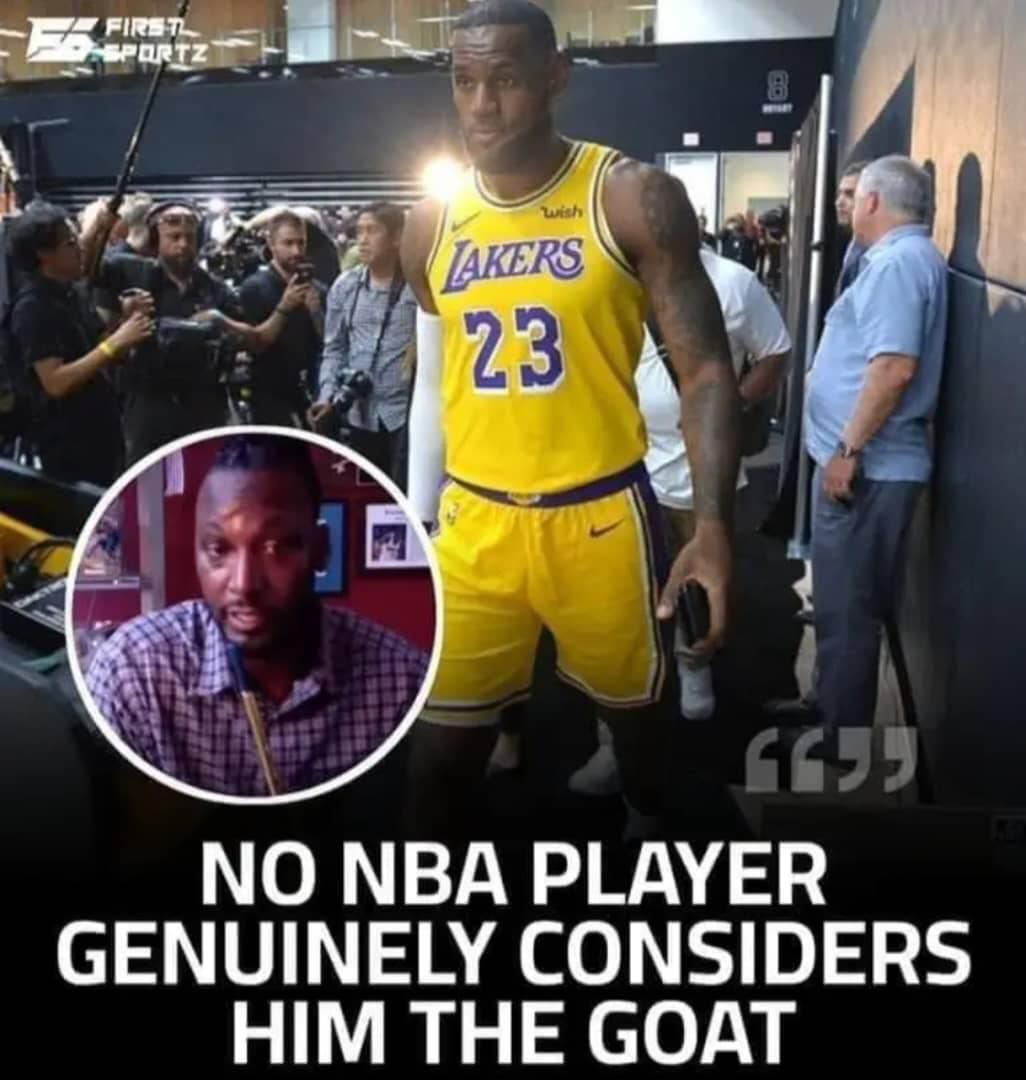
In the world of basketball, few debates ignite as much passion and controversy as the discussion surrounding the Greatest of All Time (GOAT). For decades, fans, analysts, and players have fervently argued over who deserves this esteemed title. While Michael Jordan is frequently lauded as the GOAT by a vast majority of fans and pundits, former NBA player Kwame Brown recently shared a different perspective that has added another layer to this ongoing debate.
Brown, who was the first overall pick in the 2001 NBA Draft and played for several teams during his career, has been known for his candid and often controversial opinions. In a recent statement, he expressed a viewpoint that challenges the commonly held belief about Jordan’s status. According to Brown, despite the widespread adulation and the legendary status that Jordan enjoys among basketball enthusiasts, the players within the NBA do not genuinely consider him the GOAT.
This assertion by Brown sheds light on the nuanced and complex nature of the GOAT debate. From the outside, it seems almost unanimous that Jordan, with his six NBA championships, five MVP awards, and a legacy of unforgettable performances, stands atop the basketball hierarchy. His influence on the game and pop culture is unparalleled, and his competitive spirit is often cited as the gold standard for aspiring athletes.
However, Brown’s comment suggests that the criteria for greatness among NBA players might differ significantly from that of the general public and media. Players, who have shared the court with legends and understand the intricacies of the game at the highest level, may have a different set of metrics for evaluating greatness. These criteria could include factors such as versatility, longevity, leadership, and the ability to elevate teammates.
Brown’s statement invites us to consider how personal experiences and career contexts shape perceptions of greatness. Many players have their own idols and role models, often influenced by the era they played in and the competitors they faced. For instance, players from the 1980s and 1990s might favor Magic Johnson or Larry Bird, while those from the 2000s could lean towards Kobe Bryant or LeBron James.
Furthermore, the dynamic nature of the NBA means that new talents continually emerge, reshaping the landscape of the game. LeBron James, with his extraordinary combination of size, skill, and basketball IQ, has amassed his own legion of supporters who argue that he has surpassed Jordan. Similarly, younger players like Giannis Antetokounmpo and Luka Dončić are already making significant impacts, promising to influence future debates.
Kwame Brown’s perspective highlights the importance of considering diverse viewpoints in the GOAT conversation. It underscores that greatness in basketball, as in any field, is subjective and multifaceted. While statistics and accolades provide a framework, the intangible qualities that define a player’s impact are often best understood by those who have competed at the highest level.
In conclusion, Kwame Brown’s statement serves as a reminder that the debate over the GOAT in basketball is far from settled. It encourages us to appreciate the rich history of the NBA and the incredible talents that have graced the court, each contributing to the game in unique ways. Whether or not one agrees with Brown, his viewpoint enriches the dialogue and invites us to look beyond the obvious and explore the deeper dimensions of basketball greatness.
Leave a Reply